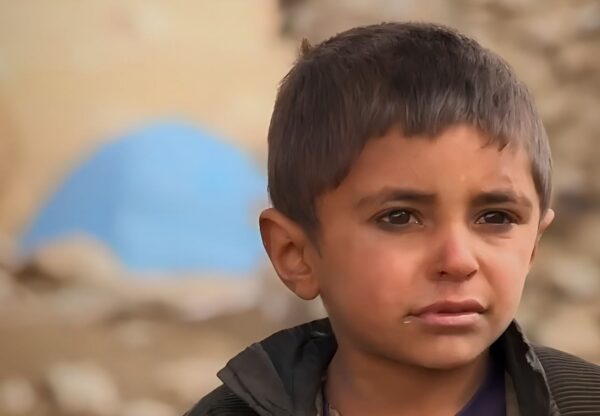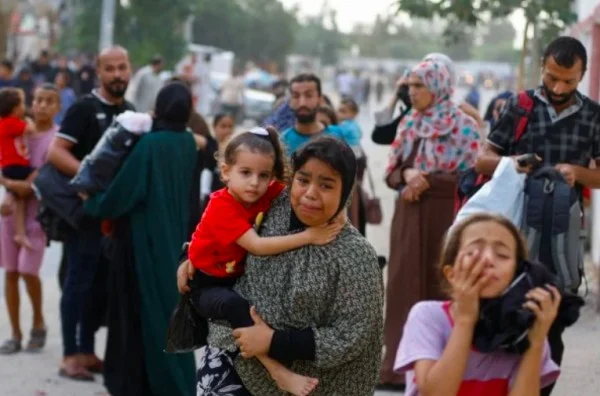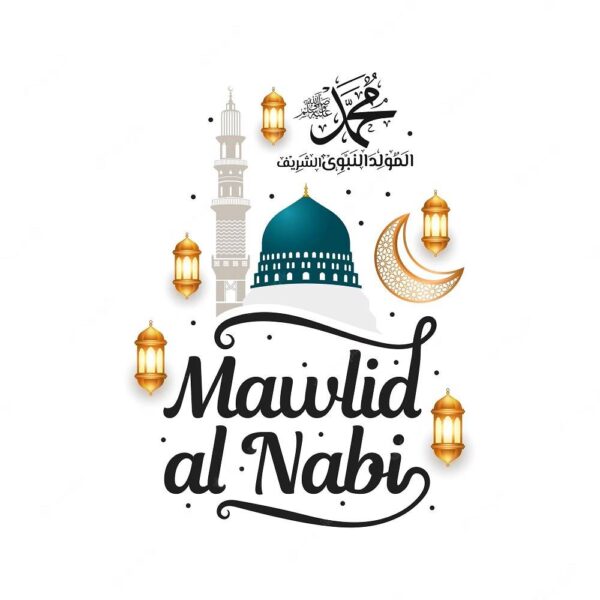The French scholar, Emile Dermenghem, writes in his book The Life of Muhammad: The Prophets are just as necessary for the world as the beneficial and wondrous forces of nature, such as the sun, rainfall, winter storms, which shake and cleave open dry and infertile land, covering them with freshness and verdure. The grandeur and legitimacy of such events can be deduced from their results: inward capacities that have received strength and confidence, hearts that have been given tranquility, wills that have been strengthened, tumults that have been quietened, moral diseases that have been cured, and finally, the supplications that have mounted up to heaven.
It can be deduced from the Quran that one of the missions of the Prophets is ending differences among human beings and purifying them. The Quran says: Human beings were one community. God sent Messengers to give glad tidings to the good and a warning to the bad. He sent the Book in truth so they might judge justly in their disputes.” (2:213) “He it is Who sent a great Messenger among the unlettered Arabs, one from among them, who might recite to them the verses of God’s revelation, purify them from the filth of ignorance and evil characteristics, and teach them the Law contained in His Book, whereas previously they had been in the abyss of ignorance and misguidance.” (62:2) “O Lord, make our offspring worthy of Your raising Messengers from among them who will recite Your verses to human beings, who will teach them the knowledge of the Book and wisdom, and cleanse and purify their souls from all ignorance and ugliness.” (2:128)
The Prophets came in order to convey to human beings Divine knowledge, free of all forms of illusion and error. They came to proclaim to the human being a series of truths which a person would never have attained unaided, such as matters lying beyond the natural realm like death, the intermediate realm, and resurrection.
In Divine schools of thought, the mode of thought that underlies both belief and action, the knowledge of the material and spiritual dimensions of human existence, lies within the bounds of the human being’s capacity to perceive. For the human being approaches true happiness, and his growth and ascent become possible, only when his constant and fundamental needs are recognized, preserved and satisfied in a balanced fashion.
One of the most fundamental missions of the Prophets, is, then, to bring the excesses of that which causes the human being trouble and torment in his rebellious spirit, under control and reduce them to order, so as to pacify its rebellious tendencies. Thus we see that in the school of the Prophets, pleasures are not negated nor is their value and essentiality denied.
The supreme ideal of the Prophets, who are the source of virtue and the gushing springs of human ethics, is to cure and nurture the human spirit in such a way that it reaches a higher truth and ascends toward ethical values. Through the realistic and perceptive training the human being receives from the Prophets, he advances on a path that leads to infinity and he distances himself from alienation. It is natural that those who establish such a program of action should have been chosen at the threshold of heavenly power, the power of One Who is aware of all the mysteries of the human being’s creation and the needs of his soul.
The selection that takes place with respect to the Prophets is based on the ascertainment of an individual’s being as a complete model of the powers and faculties of the human being. In order to ascend existentially, to cure their souls and to attain the heavenly rank of fruition, human beings must enter the sphere of the teachings of the Prophets; it is only then that their humanity can be fully realized.
The valuable element that the human being represents in this world has not been abandoned or left to its own devices, nor has God wished to entrust the destiny of the human being to capricious oppressors who sinking their poisonous claws into the spirit and mind of the human being begin their exploitation of humanity by exploiting its mind. For then mankind would be held back from true advancement and be impelled in the direction of false and valueless aims.
Since intellectual and creedal criteria have always played a determining role and constitute an extremely effective factor in the shaping of life, the Prophets have always commenced their mission in precisely this area. Because the intellectual criteria of society are generally tainted by the ignorance of Divine guidance, they have abolished those criteria and presented new, positive and fruitful criteria to replace them.
The Prophets are, then, the true revolutionaries of history. Shining forth in the darkness, they have come forth to struggle against the sources of corrupt belief and misguidance, and to guide the most sacred and beautiful manifestation of the human spirit to its true and proper course. They rescue the human being from shameful forms of worship that are not worthy of his lofty station, and hold him back from all forms of erroneous thought and deviance that arise in his search for God and inflict harm on him. They conduct him from the confines of ignorance to the region of light and perception, because all the paths of true happiness and salvation lead to the assertion of God’s oneness.
At the same time, the Prophets guarantee the freedom of the human being in accepting belief; he is free to exercise his will by accepting either unbelief or belief. The Quran says: “O Prophet, say: the religion of truth is that which has come unto you from your Lord. So let whoever wishes believe, and whoever wishes, be an unbeliever.” (18:29) The Quran explicitly rejects the imposition of belief by saying: “There is no coercion or compulsion in the acceptance of religion.” (2:256)
If we examine deeply the content of the teachings to the Prophets, which determine the method to be followed by all true movements of reform and liberation, we will see that their sole aim was guiding human beings to felicity.
Because God looks upon His servants with favor, He chooses as Prophets the most perfect of human beings, who first enter the arena of human thought and belief, creating there a vast outpouring of energy, and then enter the sphere of action and ethics, in order to draw human beings’s attention away from the natural realm to that which lies beyond nature. Thereby they liberate the human being from the scandalous and demeaning multiplicity of gods and from infatuation with the world and material phenomena. They cleanse their minds and their hearts and attach them to a source of hope and mercy that bestows tranquility on their souls.
Once the human being recognizes the origin of his creation and believes in the unseen forces of the world that lies beyond the natural realm, he learns a program of advancement toward perfection from the guides on the path to truth, the chosen ones of the Divine threshold. For it is they who demonstrate to human society its origin and the goal of perfection toward which it must strive. The human being, then, begins his efforts to reach God, for it is this that is the lofty goal of all being, and he addresses his Lord as follows: “We have heard Your command and obey it, O Lord; we seek your forgiveness and know that our movement is toward You.” (2:285)
The Commander of the Faithful, Ali, upon whom be peace, says: “God sent the Prophets to remove the veils covering the human being’s innate nature and to bring forth the treasures of thought hidden within him.”[2] He also says in the first Sermon of the Nahj al-Balaghah:
“God Almighty raised Prophets from among the sons of Adam and took from them a covenant that they would propagate His message. This was after most human beings had perverted the Divine covenant, becoming ignorant of God, the supreme truth, and assigning likenesses to Him, and after Satan had turned them away from the course of innate nature and disposition, preventing them from worshipping God.
“It was then that the Creator sent them a succession of Prophets, to remind them of the bounties that they had forgotten and to demand of them that they fulfill their primordial covenant with God, and to make manifest the hidden treasures and resplendent signs that the hand of Divine power and destiny had placed within them. “
Seal of the Prophets and His Message, islamicblessings











